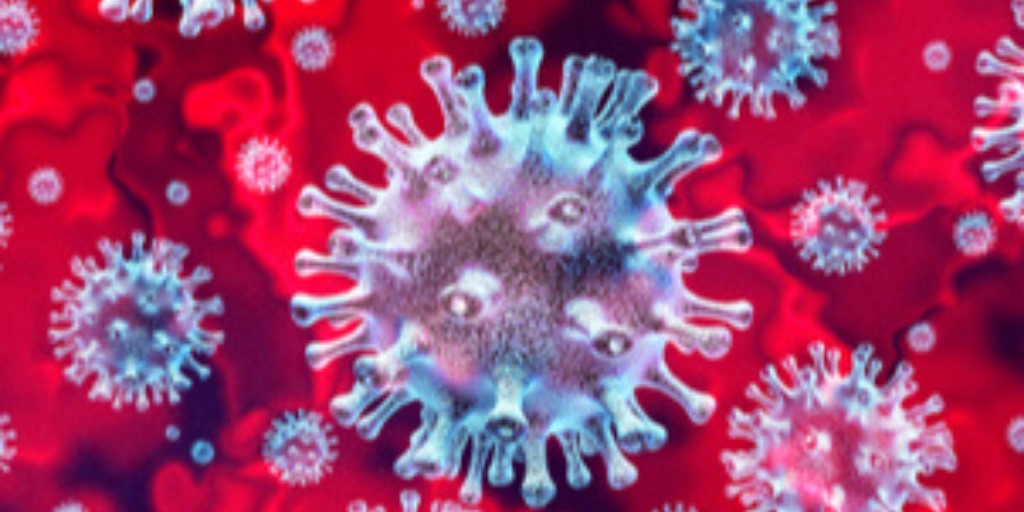
MCEC NEWSLETTER – June 2020
Dear all,
Throughout my career, I’ve been committed to improving public health and wellbeing by advancing sustainable microbial control technologies. As Chairman of the Microbial Control Executive Council (MCEC), I aim to help drive the group’s activities and continue to promote microbial control technologies.
One of our most recent activities includes our response to the European Commission’s consultation on the Chemicals Strategy for Sustainability (CSS) Roadmap, launched on 9 May 2020.
In this contribution, we:
- highlight the value of disinfectants for protecting human health, notably in times of the Covid-19 outbreak;
- request a risk-based approach in regulating microbial control technologies, balancing the necessity to continue to protect humans and the environment against unwanted and harmful micro-organisms; and lastly
- indicate that there is no one-size-fits-all approach for alternative substances and identifying a substitute does not equal the replacement of one substance in all existing applications.
I hope these inputs will be a first step in establishing a dialogue with policymakers about the benefits of effective microbial control to society. Our full MCEC contribution can be consulted at the following link.
European chemicals legislation is often regarded as the most ambitious in the world, with the aim of ensuring the highest level of possible protection to the environment and human health. My goal is to create an environment for businesses to leverage all the tools they have to deploy effective microbial control strategies, both through a combination of sensible regulations and support company programs.
We are currently implementing MCEC’s strategy to become more visible and relevant to the current European political environment, and I’m excited for what’s to come. The upcoming Chemicals Strategy for Sustainability, expected in September, or the EU Recovery Package published recently by the European Commission and addressing the need to restore the European economy following the COVID-19 crisis, are already providing the hooks we need to engage.
To conclude, and on behalf of MCEC, I would like to wish you all a very nice summer holiday.
José Mosquera
Global Industry Leader for Industrial Preservation at DuPont Microbial Control, MCEC Chairman
Want to explore microbial control benefits? More on our website, Twitter or LinkedIn
———————————————————-
 Microbial control technologies can contribute to hygiene measures set out in the EU Biological Agents Directive Microbial control technologies can contribute to hygiene measures set out in the EU Biological Agents Directive
In June 2020, the European Commission adopted an update of the Biological Agents Directive to include SARS-CoV-2, otherwise known as the Coronavirus, to the list of biological agents it covers. The Biological Agents Directive protects workers in the EU against exposure to viruses, bacteria, fungi and parasites, known as ‘biological agents’.
By adding SARS-CoV-2 to the list, the aim is to further improve the safety of workers in the EU, especially those working in direct contact with the virus in hospitals, industrial processes and laboratories. Employers of workers in labs, facilities that handle and manipulate samples of the virus, and healthcare need to assess all risks and put in place the necessary preventive and protective measures to minimise harm.
Of the proposed measures, microbial control technologies play a large role where hygiene and individual protection are concerned. On the one hand, disinfectants should be used to clean surfaces workers come in contact with. On the other hand, microbial control should be incorporated in the required decontamination and washing facilities.
To that regard, they play both a reactive role in times of the COVID-19 outbreak and a preventive role against possible resurgence of the virus, or against any other biological agents. MCEC welcomes the initiative of the European Commission to include SARS-CoV-2 to the Biological Agents Directive.
———————————————————-
 Managing food safety in an era of climate change Managing food safety in an era of climate change
“There is evidence to link increasing temperatures to higher incidences of infections by several foodborne pathogens like Salmonella spp. and Campylobacter spp. in different parts of the world” states the UN Food and Agriculture Organization (FAO) in its recently published report ‘Climate Change: Unpacking the burden on food safety‘.
The risk of climate change affecting foodborne illnesses is caused by human behaviour, water scarcity, and poor-quality food storage. For example, higher temperatures often lead to more outdoor activities such as barbecues and picnics. This creates challenges related to temperature-safe food storage, cross-contamination between cooking vessels and the undercooking of meat (United States Department of Health and Human Services, 2019). Furthermore, water scarcity can lead to inadequate sanitation of machines used for food processing or lack of hand hygiene of people who handle food in processing plants (Chersich et al., 2018), while increasing ambient temperatures coupled with elevated storage temperatures will increase human exposure to food that is unsafe for consumption (James and James, 2010).
According to the WHO, among approximately 600 million cases of foodborne illness worldwide in 2010, 550 million were due to diarrhoeal diseases caused by infectious agents such as norovirus, Campylobacter spp., Vibrio cholerae, and others. As far as is Europe is concerned, an increase of 1 °C in the weekly ambient temperatures in several European countries resulted in a 5 to 10 percent increase in salmonellosis cases (Kovats et al., 2004).
Not only can climate change impact food safety, but food-related businesses can also suffer major economic impacts. In the US alone, food-related businesses spend an estimated USD 7 billion per year in response to food safety incidents related to their products. These costs are associated with notification of consumers, removal of products from shelves and payment of damages resulting from lawsuits (Hussain and Dawson, 2013).
Ensuring food safety at all stages of the food chain is vital, from farm to fork. Given the endured risks, MCEC believes that prevention of microbial contamination should be considered preferable to fighting the illness. Here is where microbial control technologies have a large role to play. These technologies provide the disinfectants and sanitisers used to clean the facilities where food is being produced. Sanitising irrigation water used on crops and cleaning food containers and packaging are also among the important application areas for microbial control in the food production process. As such, microbial control technologies lead to benefits for our health and our economy, and contribute to ensuring trust in the food we need and enjoy.
———————————————————-
Contact
The Microbial Control Executive Council, or MCEC, is an initiative of the world’s leading companies developing and supplying microbial control technology and solutions. It was established in 2012 in order to promote the safe and effective use of microbial control technologies, and to create a reference point for stakeholders and the public alike to understand the benefits of microbial control technologies and the steps being taken to ensure the use of more sustainable biocides across all applications.
MCEC member companies, BASF, DuPont, ICL, LANXESS, Lonza and Troy Corporation, are committed to the betterment of public health and wellbeing through the advancement of sustainable microbial control technologies. .
To learn more, follow us on Twitter, visit our website and our LinkedIn page.
To sign up or unsubscribe from our newsletter, please contact us at info@microbial-control.com
———————————————————-
www.microbial-control.com
www.cefic.org
|